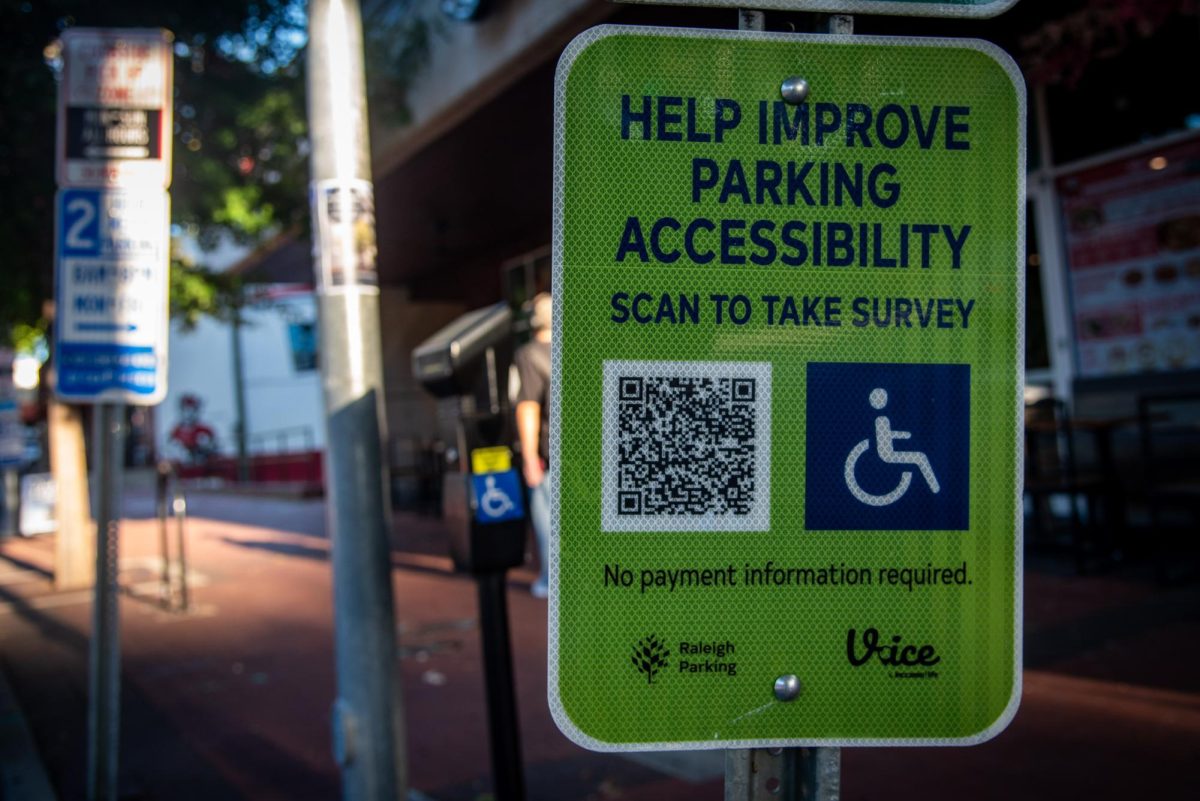The North Carolina House proposed a bill this month that may increase the number of students spending their first college years at community colleges rather than universities like N.C. State.
The House plan outlines a strategy that would have universities turn down some of the “less competitive” undergraduate applicants who are currently being admitted.
Instead, these students would attend a community college for two years and subsequently be guaranteed admission into the original university they applied to.
Backers of the House plan say it would raise graduation rates, lower tuition costs for students and lower government spending.
“The idea here is to save money by diverting some number of students from the high-cost UNC System to the lower cost Community College system,” Rep. Chuck McGrady, R-Henderson, said on his website, nchouse117.com.
According to McGrady’s site, the state government will cut $12.6 million from UNC system’s budget and add $4.5 million to the community college system to make up for the increased enrollment.
The state won’t be the only ones saving money—students who choose to utilize the plan will also save.
According to Wake Technical Community College’s website, current tuition for in-state students taking 16 credit hours or more is $2,380 per year. N.C. State lists its in-state yearly tuition at $8,206 per year—more than three times the cost of WTCC.
Breanna Totten, a high school senior from Alamance County, said that she wishes to spend her next two years at a community college.
“I’ll save a ton of money going to community college,” Totten said. “I want to get the feel for the college a little bit more, but I know actually going to a university is a whole different ball game.”
Christopher Shannon, who graduated from N.C. State in 2010, agrees in some respects – but he said that there were definitely tradeoffs involved.
Shannon began his college career at Cape Fear Community College, transferred to N.C. State to complete his degree, and is now enrolled in the Jenkins MBA program at the university.
“Community college was extremely easy to say the least—classes were smaller, all your questions get answered, and you’re basically just taking your pre-requisites the whole time you’re there,” Shannon said.
Shannon said community college lacked the atmosphere and student interaction that you get at a university, but attending CFCC did help him ease his way into the UNC system.
His primary concern about the House plan was with regard to the guaranteed admission and whether or not there would be any stipulations, specifically a required GPA for the transfer students.
Currently, N.C. State requires strong GPAs from prospective transfer students. The GPA requirement varies per college and major, but many N.C. State programs require a transfer GPA of 3.0 or better.
The House bill doesn’t address those kinds of details. The bill states only that the State Board of Community Colleges and the Board of Governors of The University of North Carolina will work together on rules to ensure a “smooth transition from the community college to the constituent institution.”
The plan has not yet been approved by the Senate or the governor, but House supporters of the bill hope the bill will be in effect by fall, 2014.




